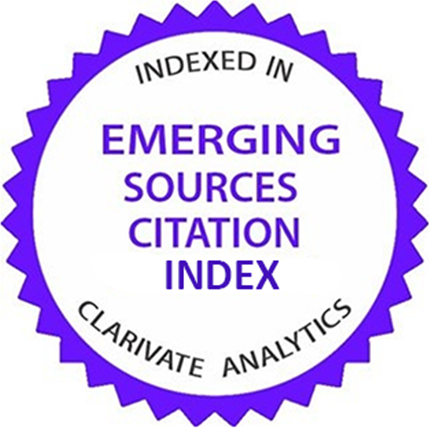Increased prevalence of bloodstream infection with Klebsiella species in patients with recent COVID-19 infection
Abstract
To the Editor-in-Chief
In viral pandemics, the possibility of accompanied bacterial infections is always a serious challenge for health care providers. In the recent pandemic with COVID-19, studies showed an increase in bacterial infections in patients with COVID-19, especially those requiring intensive care unit (ICU) admission. Various meta-analyses have shown that the prevalence of some secondary bacterial infections, especially infection with Mycoplasma pneumoniae, Gram-negative germs like extended-spectrum beta-lactamase, and Klebsiella pneumoniae, has increased significantly. Recent studies have also shown that the pathogens that cause bloodstream infections have changed during the COVID-19 pandemic for a variety of reasons, including the widespread use of antibiotics, the effects of COVID-19 on the immune system, and so on. Increased prevalence of bloodstream infections with Gram-negative bacteria that are resistant to third generation of cephalosporins and carbapenems in patients with COVID-19 has been reported in several studies. Studies have also shown increased isolation of pathogens such as members of the Enterobacteriaceae family, including Klebsiella and Escherichia specimens, from blood cultures of patients hospitalized due to COVID-19.
2. Falcone M, Tiseo G, Leonildi A, Della Sala L, Vecchione A, Barnini S, et al. Cefiderocol-compared to colistin-based regimens for the treatment of severe infections caused by carbapenem-resistant Acinetobacter baumannii. Antimicrobial Agents and Chemotherapy. 2022 Mar 21;66(5):e0214221.
3. Amarsy R, Trystram D, Cambau E, Monteil C, Fournier S, Oliary J, et al. Surging bloodstream infections and antimicrobial resistance during the first wave of COVID-19–19: a study in a large multihospital institution in the Paris region. Int J Infect Dis. 2022;114:90-6.
4. Palanisamy N, Vihari N, Meena DS, Kumar D, Midha N, Tak V, et al. Clinical profile of bloodstream infections in COVID-19-19 patients: a retrospective cohort study. BMC Infect Dis. 2021;21:933.
5. Cuntrò M, Manisco A, Guarneri D, Zuglian G, Vailati F, Passera M, et al. Blood stream infections during the first wave of COVID-19-19. A short microbiological retrospective picture at Papa Giovanni XXIII Hospital, Bergamo, Italy. New Microbiol. 2021;44(1):51-8.
6. Mędrzycka-Dąbrowska W, Lange S, Zorena K, Dąbrowski S, Ozga D, Tomaszek L. Carbapenem-Resistant Klebsiella pneumoniae Infections in ICU COVID-19-19 Patients-A Scoping Review. J Clin Med. 2021;10(10):2067.
7. Arcari G, Raponi G, Sacco F, Bibbolino G, Di Lella FM, Alessandri F, et al. Klebsiella pneumoniae infections in COVID-19-19 patients: a 2-month retrospective analysis in an Italian hospital. Int J Antimicrob Agents. 2021;57(1):106245.
8. Tiri B, Sensi E, Marsiliani V, Cantarini M, Priante G, Vernelli C, et al. Antimicrobial Stewardship Program, COVID-19-19, and Infection Control: Spread of Carbapenem-Resistant Klebsiella Pneumoniae Colonization in ICU COVID-19-19 Patients. What Did Not Work? J Clin Med. 2020;9(9):2744.
9. Howard-Jones AR, Sandaradura I, Robinson R, Orde SR, Iredell J, Ginn A, et al. Multidrug-resistant OXA-48/CTX-M-15 Klebsiella pneumoniae cluster in a COVID-19-19 Intensive Care Unit: Salient lessons for infection prevention and control during the COVID-19-19 pandemic. J Hosp Infect. 2022;126:64-9.
| Files | ||
| Issue | Vol 6 No 4 (2022): Autumn (October) | |
| Section | Letter to the editor | |
| DOI | 10.18502/fem.v6i4.10429 | |
| Keywords | ||
| COVID-19 Klebsiella | ||
| Rights and permissions | |

|
This work is licensed under a Creative Commons Attribution-NonCommercial 4.0 International License. |










